Rocket Lab Set To Test Booster Recovery At Sea
6th Jul 2023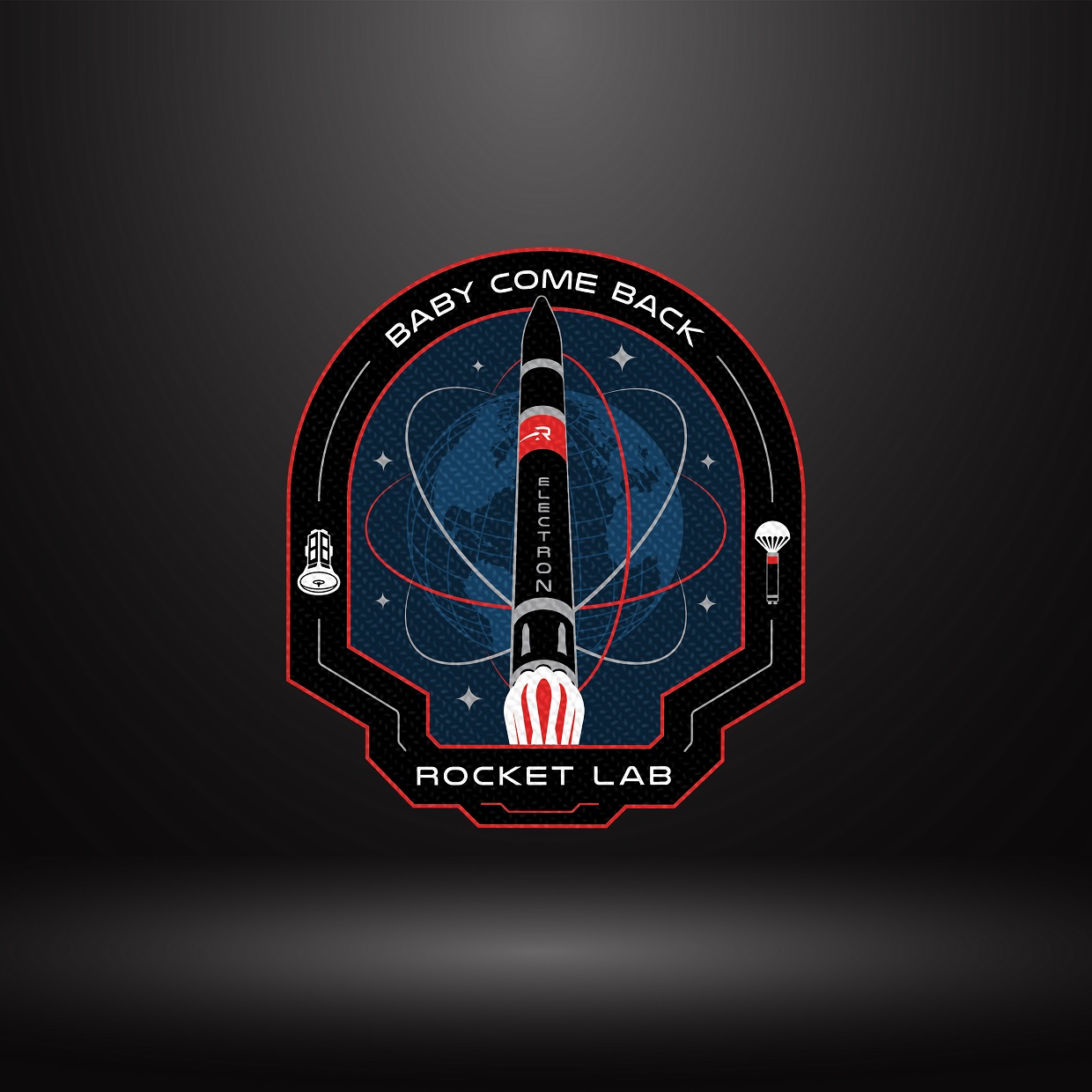
Rocket Lab is gearing up for a mission called “Baby Come Back”. Besides sending seven satellites into space, they’ll attempt to bring back the rocket booster after launch. It’s their 39th Electron launch, and the action will take place at Rocket Lab Launch Complex 1 in Mahia, New Zealand. The launch window opens on 14th July.
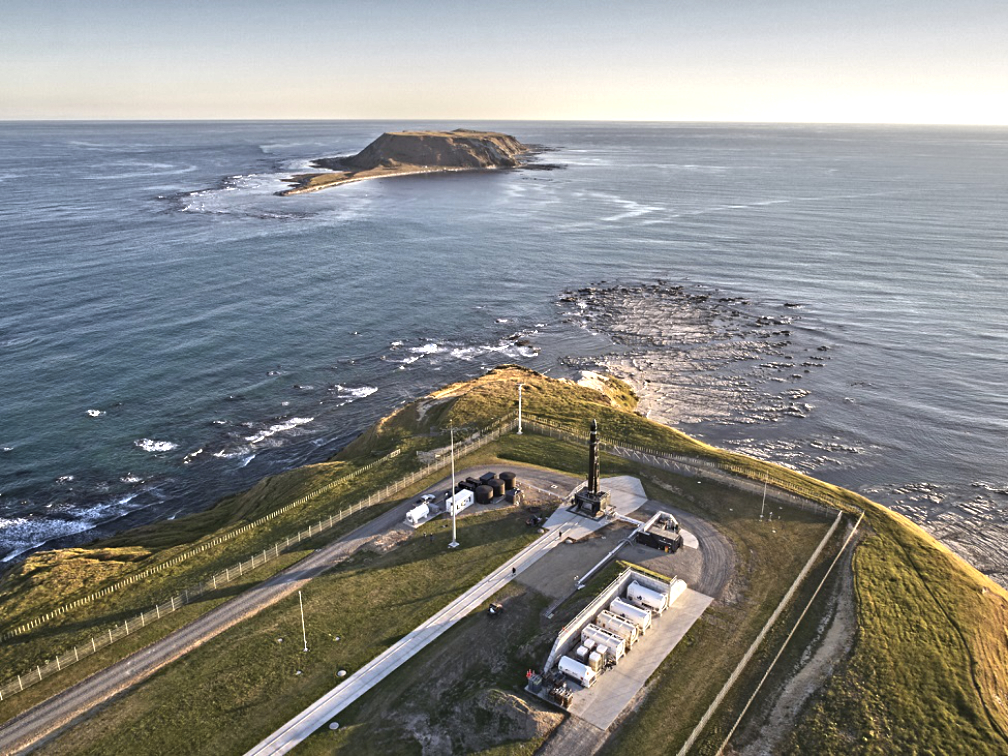
What’s really interesting about this mission is that Rocket Lab plans to recover the first stage of the Electron rocket through a marine retrieval operation. They’ve got a specially designed vessel and a recovery team ready to bring the retrieved stage back to their production complex for analysis. The effort is part of their ongoing drive to recover and reuse rocket components.
As Rocket Lab Founder and CEO Peter Beck emphasizes, Electron has proven itself as the most dependable small launch vehicle, ensuring timely delivery of customer payloads.
The “Baby Come Back” mission is a rideshare adventure, meaning they’re giving multiple customers a ride to space.
The payloads on this mission are also noteworthy:
There is NASA’s Starling mission, which involves four CubeSats. They’re testing technologies for future swarm missions, where multiple spacecraft work together autonomously to achieve common goals. It’s all about paving the way for things like in-space network communications, spacecraft navigation, and autonomous maneuvering.
Space Flight Laboratory (SFL) is partnering with Rocket Lab to launch Telesat’s LEO 3 demonstration satellite. This satellite ensures continuity for testing campaigns after Telesat’s Phase 1 LEO satellite retired.
Last but not least, Spire Global will be including two satellites carrying a payload called Global Navigation Satellite System Radio Occultation (GNSS-RO). These satellites will join Spire’s existing constellation of over 100 multipurpose satellites. They’ll be collecting real-time Earth observations using a new type of radio frequency (RF) technology. The data they gather will help improve weather forecasts and make them more accurate.
Stay tuned for more about the “Baby Come Back” launch!
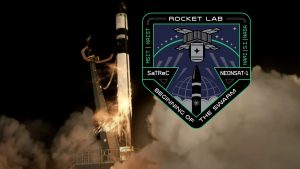

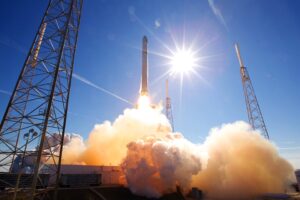
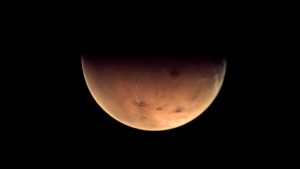
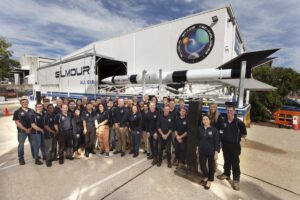

Thank you for your comment! It will be visible on the site after moderation.